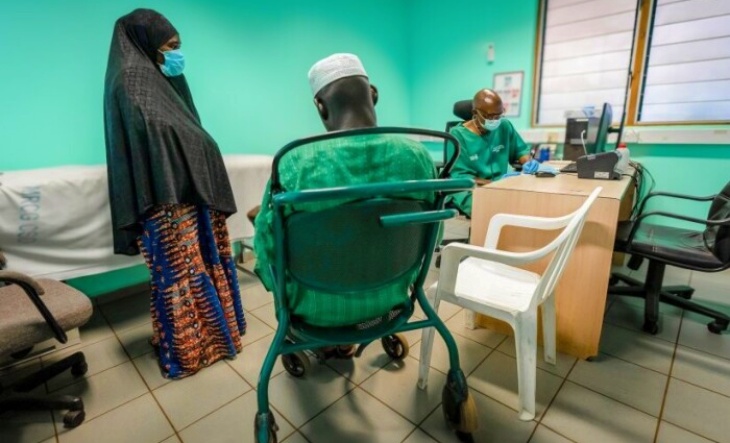Gambiaj.com – (BANJUL, The Gambia) – A new study published in The Lancet Gastroenterology and Hepatology sheds light on chronic hepatitis B (HBV) among asymptomatic adults in Africa, particularly highlighting that the need to expand antiviral treatment may not be as urgent as previously thought.
Conducted by the Hepatitis Research Group at the Medical Research Council Unit The Gambia at the London School of Hygiene and Tropical Medicine (MRCG at LSHTM), in collaboration with international partners, the research addresses the health outcomes of untreated adults with chronic HBV who were initially ineligible for therapy.
Findings reveal a surprisingly low risk of death or liver complications among this population over a six-year period.
The study analyzed data from the PROLIFICA cohort, which enrolled 943 adults with chronic HBV in The Gambia between December 2011 and January 2014. Out of these, 806 individuals who were not initially eligible for treatment were monitored for an average of six years.
Findings indicate that this untreated group did not experience higher death rates compared to the general Gambian adult population. Additionally, none developed liver cancer or serious liver conditions, though 7% showed some disease progression, suggesting a very low rate of serious liver complications in this subgroup.
Dr. Gibril Ndow, the study’s lead author, emphasized the study’s relevance for guiding hepatitis B treatment policies in Africa, where data on liver disease outcomes among untreated individuals are scarce. “Our findings suggest that in The Gambia, the six-year risk of death or developing liver cancer in people who are not eligible for antiviral therapy is very low. The clinical benefit of expanding treatment to this subgroup of patients is therefore uncertain and needs further study with a longer follow-up period,” Dr. Ndow explained.
Key factors associated with mortality in untreated hepatitis B patients included co-existing conditions like cirrhosis, hepatitis C co-infection, and high blood pressure.
The study underscored that high viral load at diagnosis is a primary predictor of disease progression, with Professor Maud Lemoine, senior study author and Professor in Hepatology, calling for increased access to affordable viral load testing in African healthcare settings.
“These results provide important evidence that should be taken into account in the increasing debate of whether all individuals with chronic hepatitis B in Africa should be treated,” Professor Lemoine stated. She noted that high blood pressure, rather than liver disease, posed a significant risk of death in the study population, highlighting the complexity of managing HBV in Africa.
Both Dr. Ndow and Professor Lemoine stressed that despite the findings, HBV remains a leading cause of cirrhosis and liver cancer in Africa, including The Gambia. They emphasized the need for healthcare systems to prioritize at-risk patients for treatment.
The study offers critical insights for healthcare policies and highlights the importance of further research on HBV treatment guidelines for African populations.
The PROLIFICA study was funded by the Medical Research Council UK Research and Innovation (MRC UKRI) and the EU Commission, with support from Gilead Sciences, Africa Research Excellence Fund (AREF), and Wellcome Trust.
These findings contribute valuable knowledge to the ongoing global effort to control hepatitis B and improve patient outcomes across Africa.










